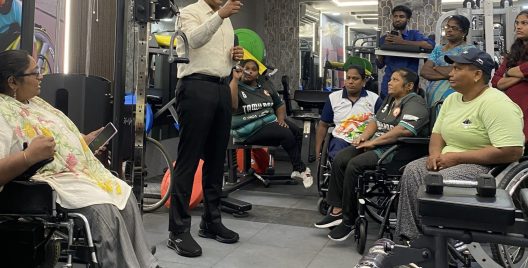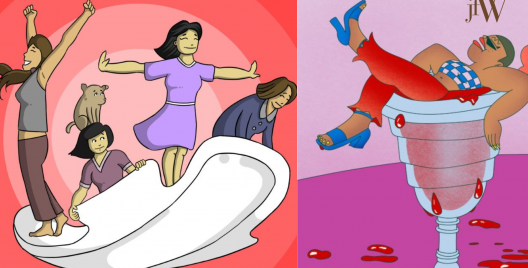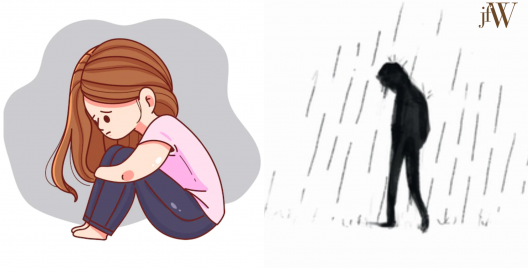Age is just a number
A cliché, but so true! You may have come across women in their 40s who may look much younger or much older than their age. A friend of mine is constantly being told that she looks much too young to have such grown up children. At 47, what is her secret? Good genes, good luck or good choices? There is no doubt that those who maintain an active lifestyle and eat healthy and sensible food are more likely to be fit, whereas those who are not as active will find their fitness and ability to function fade faster as they age.
Maximising well-being after 40
The one thing that cannot be stopped by wishful thinking is aging, but eating right and keeping fit can make you feel and look young, even while your body goes through its
chronological aging. As women age, muscle mass slowly begins to deteriorate and is replaced with fat. The best way to prevent age-related muscle loss is to make weight-bearing exercise a priority. Sounds intimidating? Walking is the best weight bearing exercise and ensures bone strength and postpones osteoporosis (age-related thinning of bones).
Common health mistakes
When Indian women hit their 40s, they tend to give up on their fitness regimens, healthy food habits and watching their weight. “Oh, please, I really don’t care, I didn’t do anything all these years, it is just too late now” seems to be the response when prodded to pay attention to their health.
In my opinion, not managing weight gain is the most important health mistake a woman can make. As we age, it is inevitable that our weight will trend up. It is up to us to constantly be aware of our weight and maintain it at a healthy level. Being overweight and obesity are implicated in the maximum number of disease conditions e.g. diabetes, hypertension, heart disease, strokes, and arthritis of the knee joint necessitating knee replacement. Excess weight is also related to the increased risk of developing breast and uterine cancer.

Is it harder to lose weight after 40?
As we grow older, our metabolic rate slows down. In simple terms, we just don’t burn calories as fast as we used to. We have to work that much harder to use up the food that we eat. Our best bet is to NOT put on the weight, because taking it off is much tougher as we grow older.This requires a combination of two things: less intake (reducing how much we eat) and greater output (exercising more).
I am a strong believer in exercise and have exercised one way or the other from my mid-20s. Walking is the best and most accessible exercise for anyone. 30-45 minutes of brisk walking, at least 4–5 days in a week is an amazing way of holding on to your fitness levels. Walking up and down the stairs at home or the office for 20–30 minutes is an excellent exercise. If you have the time and the discipline, join a gym for aerobics, weight training and cardio.
What’s the ideal diet for the 40-something?
It is only in the 20th century that people started developing a love-hate relationship with food. With the advent of generalised prosperity, access to excess food became common, leading to issues we never faced earlier. If we eat just enough to satisfy our hunger and eat what our elders ate, we would be fine. Sadly, we are literally being buried under an avalanche of processed food.
Reduce the size of your plate, or eat from a bowl (while helping you restrict your food portions, this also fools your brain into thinking you’re eating abundantly). Eat plenty of fruits and vegetables. Cut down your intake of carbohydrates: rice, chapatis, and sweets. I am a strong advocate for avoiding sugar: it causes more problems than any other food. Actually, there are three white things that are best avoided (or at least reduced drastically): white rice, sugar and salt.
After 40, it is important to increase the intake of proteins (to keep your muscles strong) and cut carbohydrates. For vegetarians, that means a good portion of your diet should be whole grains, pulses, nuts and dairy products. Those who have no dietary restrictions may add eggs, meat and fish.
Preparing for menopause
Most women will attain menopause at 50 years of age, on an average. The 40s are the best time to ensure continuing health and ‘successful aging’ after menopause. This term is used for older individuals who are free from chronic disease and continue to function well into old age, both physically and mentally. Did you know that scientific studies have demonstrated that people who eat less but eat healthy, are the ones who live the longest? So cut the calories and ramp up the fruits and vegetables!














